We want to draw your attention to a seminar organized by the Interdisciplinary Neuroscience Research Centre on this Friday, the 8th of September, from 14:00 h to 15:00 h at the Share Lecture Theatre (Fusion Building). There will be a networking event after the talk with coffee and biscuits.
Our guest speaker is Dr. Jie Sui (University of Aberdeen), invited by Dr. Ellen Seiss. Prof Dr Sui is renowned for her studies investigating the unique self, self-representation, and social interactions in VR. Her research combines multiple neural recording modalities, such as EEG and fMRI, with computational modelling.
The title of this exciting talk is: “Understanding the Self: Prospects for Translation”. Please find the abstract below.
We warmly invite you to attend this seminar.
Kind regards,
Ellen and Emili, on behalf of all of us.
Abstract:
“An understanding of the self helps explain not only human thoughts, feelings, and attitudes but also many aspects of everyday behaviours. This talk focuses on a particular perspective on self-processes. This perspective highlights the dynamics of the self that best connects with the development of the self over time and its realist orientation. We are using psychological experiments and data mining to comprehend the stability and flexibility of the self in different populations.
In this talk, I integrate experimental psychology, associative learning theory, computational neuroscience, and machine learning approaches to demonstrate why and how self-association affects cognition and how it is modulated by various social experiences and situational factors.”

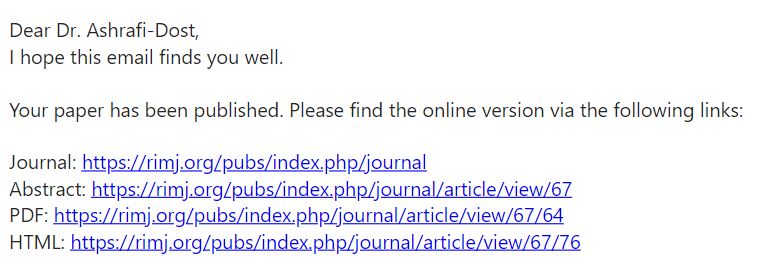
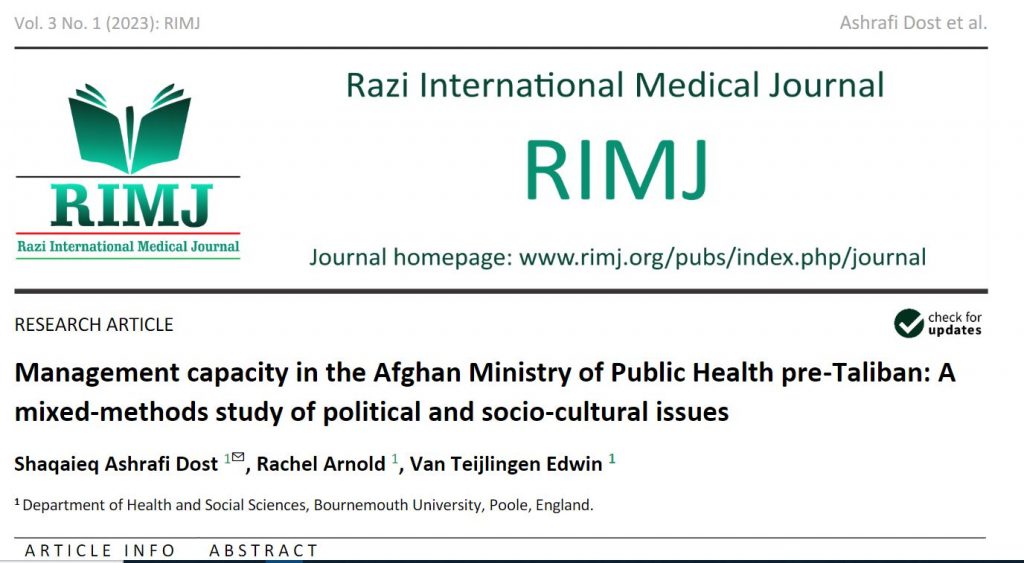

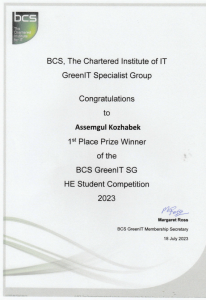
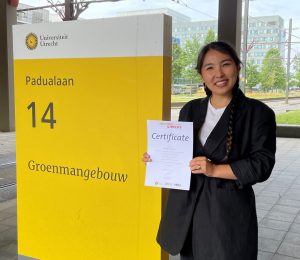
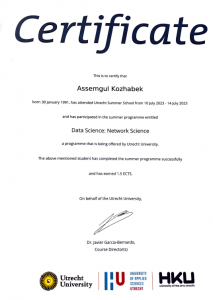

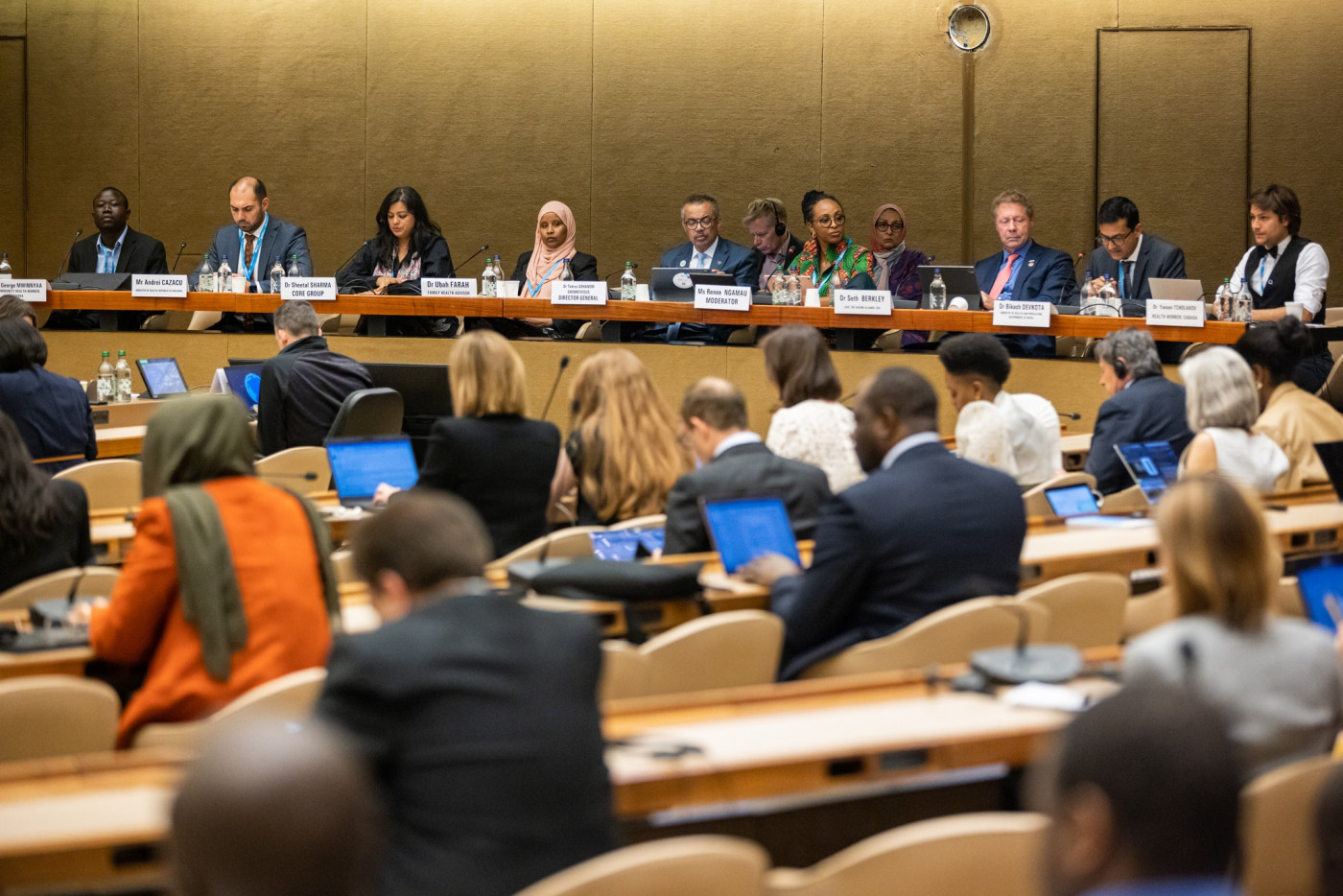
 Last we took a new step into the academic publishing by submitting a paper to Qeios. This Open Access journal publishes papers for free, more or less immediately and after the paper has appeared online peer-reviewers are being invited. The paper ‘
Last we took a new step into the academic publishing by submitting a paper to Qeios. This Open Access journal publishes papers for free, more or less immediately and after the paper has appeared online peer-reviewers are being invited. The paper ‘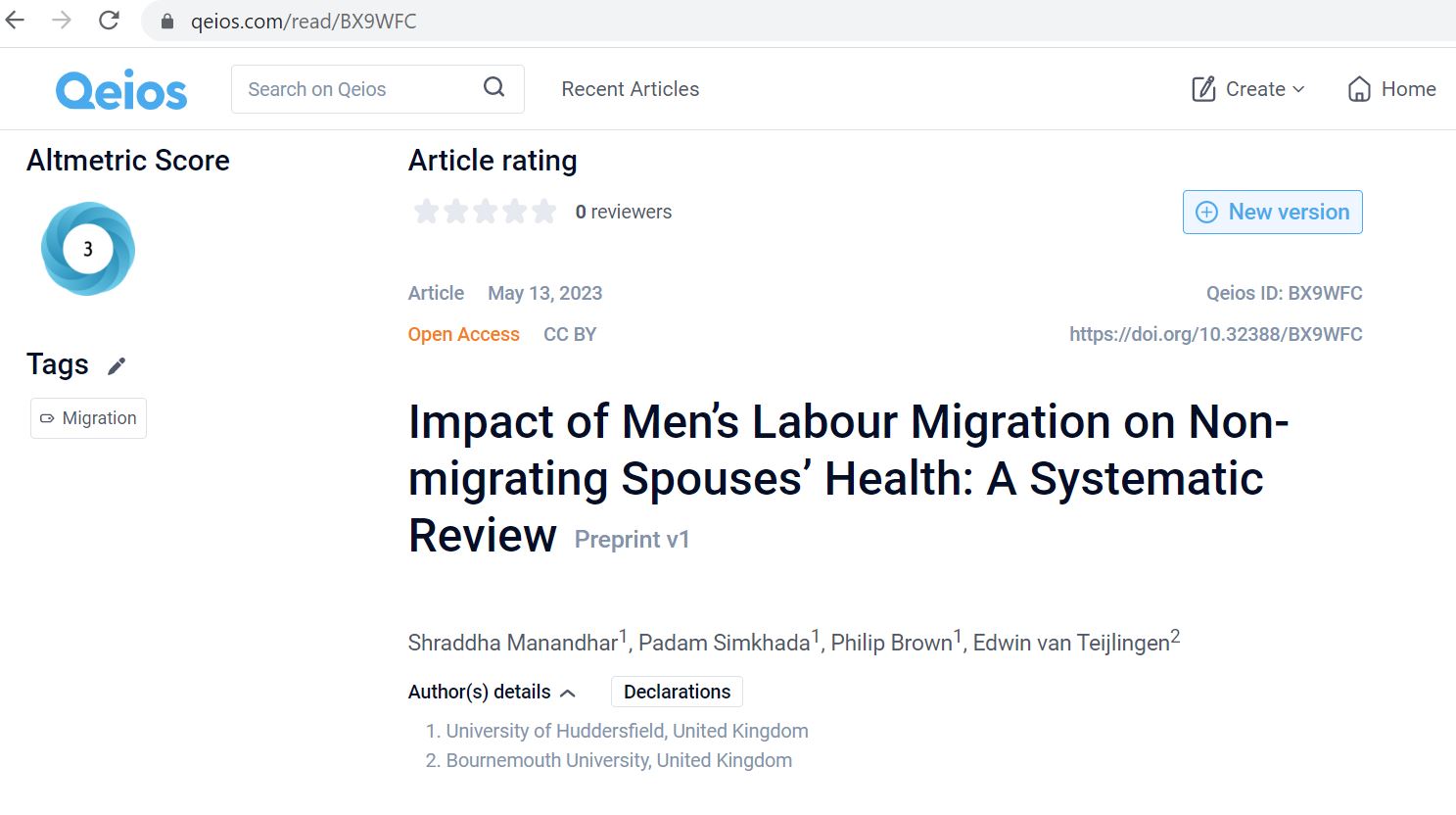

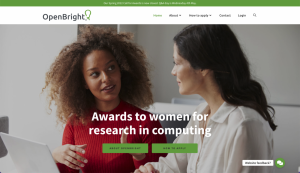



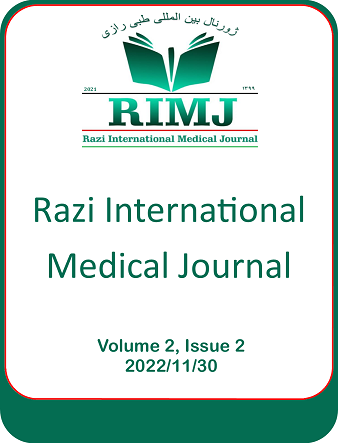
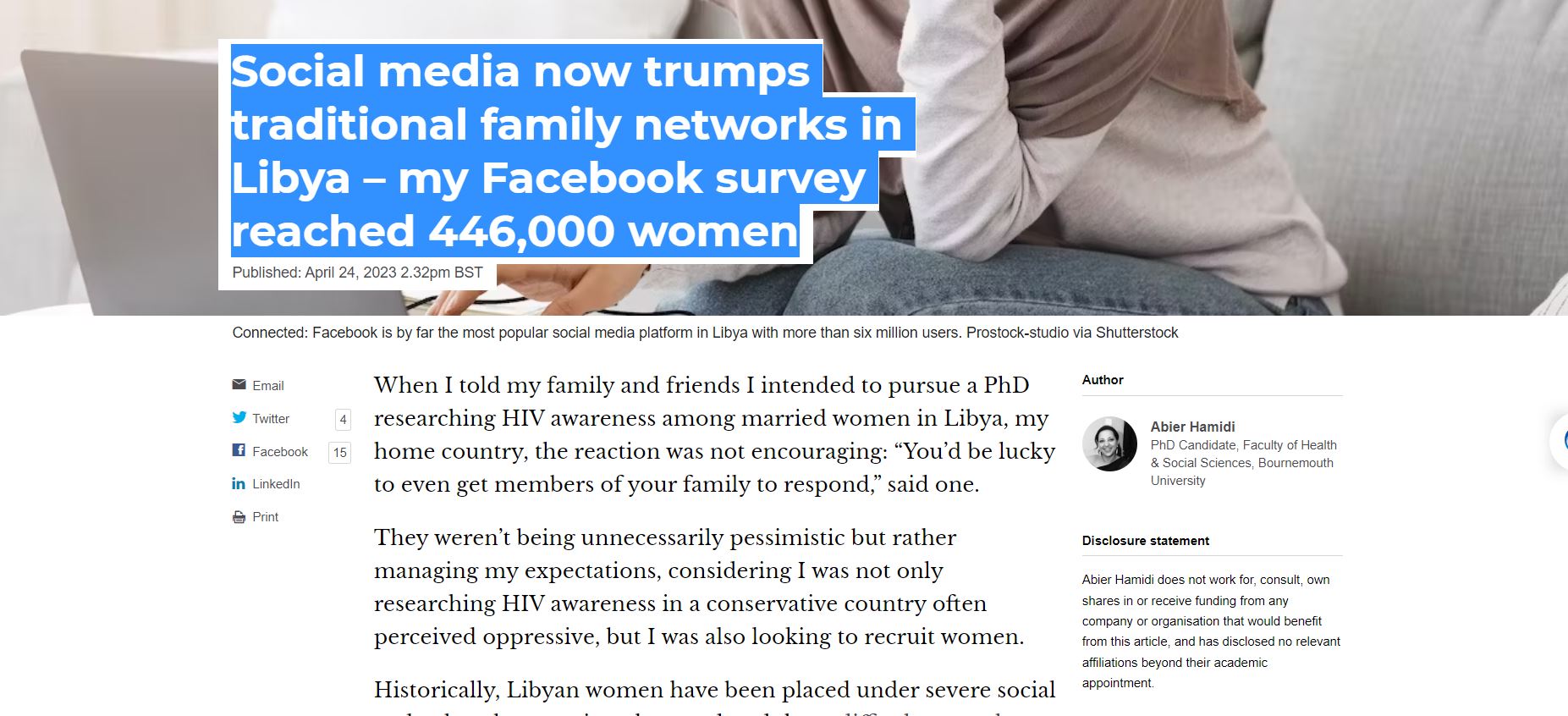


 The next event in our
The next event in our 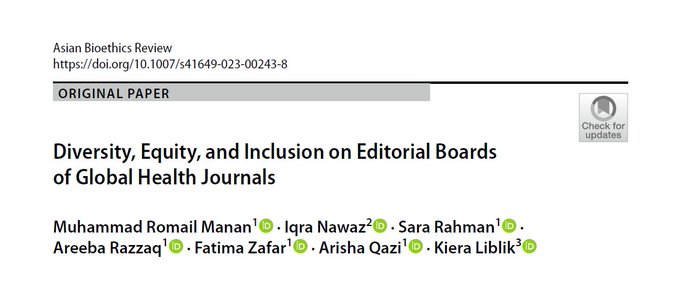
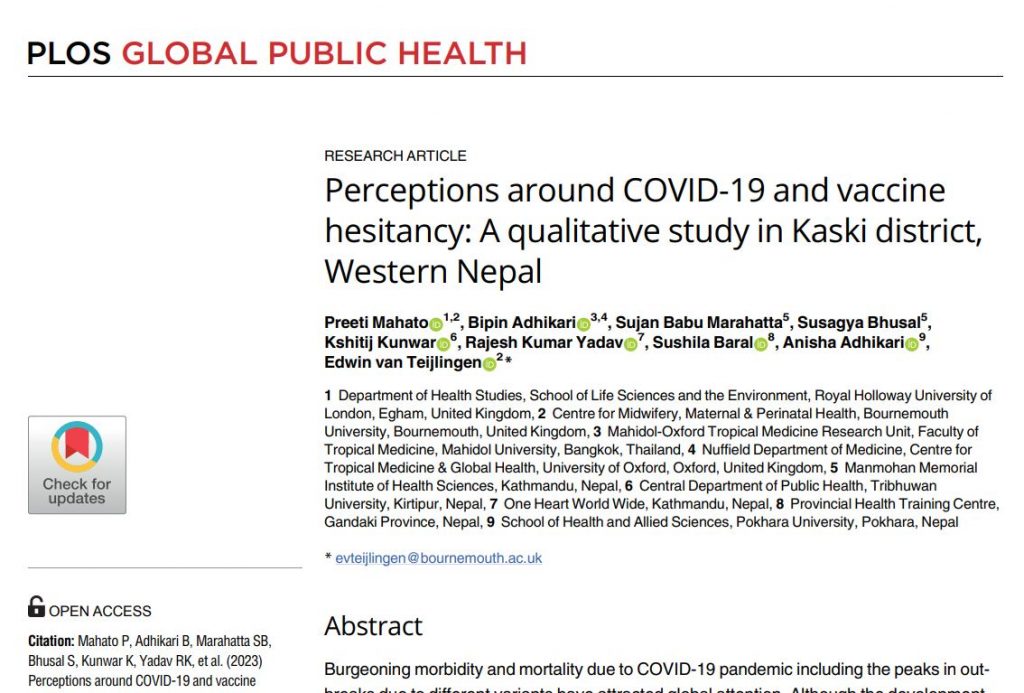


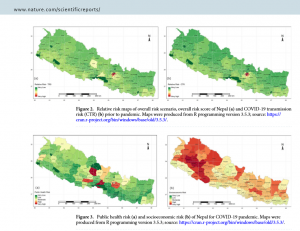
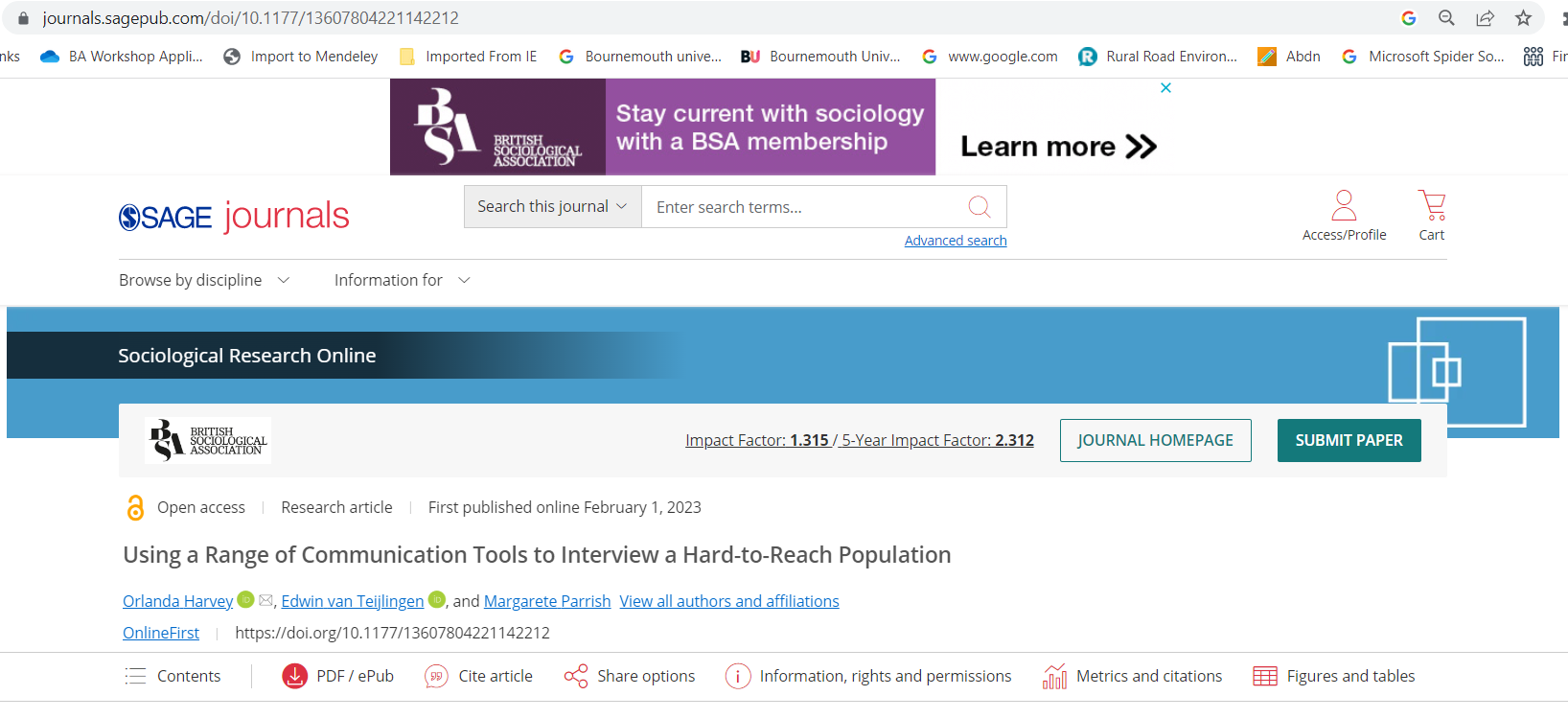












 REF Code of Practice consultation is open!
REF Code of Practice consultation is open! BU Leads AI-Driven Work Package in EU Horizon SUSHEAS Project
BU Leads AI-Driven Work Package in EU Horizon SUSHEAS Project Evidence Synthesis Centre open at Kathmandu University
Evidence Synthesis Centre open at Kathmandu University Expand Your Impact: Collaboration and Networking Workshops for Researchers
Expand Your Impact: Collaboration and Networking Workshops for Researchers ECR Funding Open Call: Research Culture & Community Grant – Apply now
ECR Funding Open Call: Research Culture & Community Grant – Apply now ECR Funding Open Call: Research Culture & Community Grant – Application Deadline Friday 12 December
ECR Funding Open Call: Research Culture & Community Grant – Application Deadline Friday 12 December MSCA Postdoctoral Fellowships 2025 Call
MSCA Postdoctoral Fellowships 2025 Call ERC Advanced Grant 2025 Webinar
ERC Advanced Grant 2025 Webinar Update on UKRO services
Update on UKRO services European research project exploring use of ‘virtual twins’ to better manage metabolic associated fatty liver disease
European research project exploring use of ‘virtual twins’ to better manage metabolic associated fatty liver disease